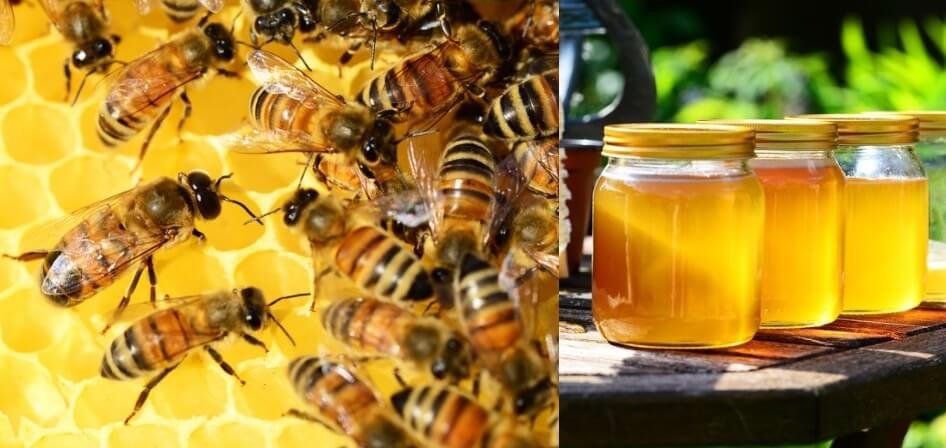Huge opportunity for honey export to Europe and to the other nations: APEDA
Agricultural and Processed Food Products Export Development Authority (APEDA) has been collaborating with farmers and state governments to establish a reputable honey supply chain for export to Europe and other nations.
‘We are working together with state governments, farmers, and other value chain players to increase exports to other nations and regions such as the United Kingdom, European Union, and South-East Asia,’ said M Angamuthu, Chairman of APEDA.
Partnership with state govts to develop infrastructure to boost exports-APEDA
He also stated that India is renegotiating the export duty structure imposed by several countries in order to increase honey exports.
In 2020-21, India exported 59,999 tonnes of natural honey valued at ₹716 crores ($96.77 million), with the United States accounting for 44,881 tonnes (74.8 percent). Other popular destinations include Saudi Arabia, the United Arab Emirates, Bangladesh, and Canada.
India’s position in the international market
Despite the fact that India’s honey exports began in 1996-97, the country was ranked ninth in the international market in 2020, with 7.36 lakh tonnes (lt) exported, according to APEDA. India is also ranked seventh in the world in terms of honey output. Iran, China, Argentina, Turkey, Canada, and the United States are major honey producers, accounting for half of the global output, which is expected to be 17.21 lt in 2019.
Angamuthu stated that APEDA has assisted honey farmers in accessing export markets, in addition to providing government help through various schemes, quality certification, and lab testing.
On a priority basis, the export promotion agency is also addressing concerns such as rising freight prices, restricted availability of containers during peak honey export season, higher nuclear magnetic resonance test expenses, and insufficient export incentives, he noted.
Great opportunities in Medicinal Plant Farming in India
Honey exports have great potential as a result of their popularity as an efficient immune booster and a healthier alternative to sugar, according to APEDA. Consumption has increased significantly, particularly since the Covid epidemic, it added. Approximately half of the domestic production is consumed domestically, with the remainder exported.


















Add Comment